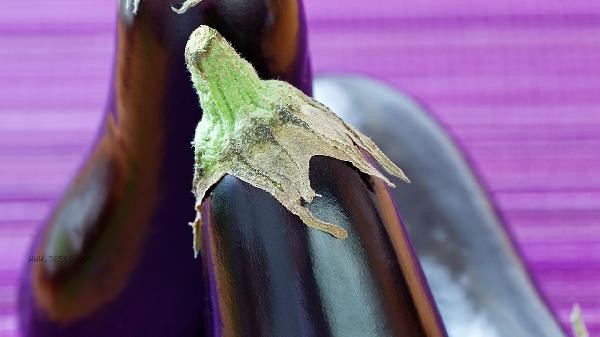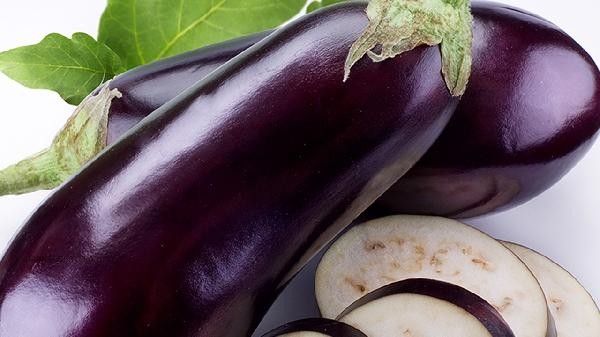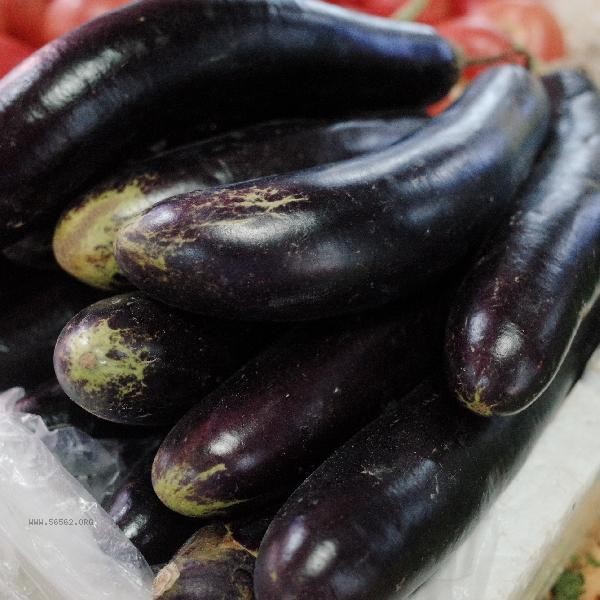Eggplant can be prevented from oxidation by soaking in salt water, using acidic liquids, isolating from air, storing at low temperatures, and cooking quickly. The polyphenol oxidase in eggplant is prone to browning when exposed to air, and taking appropriate measures can effectively delay this process.

1. Soaking in salt water
Soak the cut eggplant in 3% salt water for 5 minutes, as salt can inhibit polyphenol oxidase activity. This method is easy to operate and does not affect subsequent cooking, making it suitable for pre-treatment before cold mixing or steaming. Please note that the soaking time should not be too long to avoid the eggplant absorbing too much salt and affecting its taste.
2. Use acidic liquid
lemon juice or white vinegar mixed with water in a ratio of 1:10 to make an acidic solution, soak eggplant slices for 3 minutes. Acidic environment can alter the conditions of polyphenol oxidase action, and vitamin C can directly reduce oxidized quinone substances. This method is particularly suitable for making cold eggplant that needs to maintain a bright purple color.
3. Isolate from air
Immediately wrap the eggplant slices tightly with cling film after cutting, or soak them in clean water to isolate the cuts from air. When soaking in water, the ingredients should be completely submerged and the water should be replaced every 2 hours. Vacuum sealed storage can extend the shelf life of eggplants to more than 8 hours.

4. Low temperature storage
Unscented intact eggplants should be wrapped in kitchen paper and placed in a fresh-keeping bag, then stored in the refrigerator compartment at 5 ℃. Low temperature can significantly reduce enzyme activity, and the shelf life of intact eggplants can be extended to 5 days. Cut eggplants should be refrigerated with air isolation measures, and it is recommended to consume them within 24 hours.
5. Rapid cooking
uses high-temperature stir frying or steaming methods, and temperatures above 170 ℃ can quickly inactivate polyphenol oxidase. When stir frying, heat the pan first and then add oil, keeping the heat high throughout the process to shorten cooking time. When steaming, add eggplant after boiling water, cover with a lid and steam over high heat for 6-8 minutes to block the oxidation reaction chain.

Various antioxidant methods can be combined and applied in daily eggplant processing, such as soaking in salt water first and then stir frying quickly. When storing, pay attention to keeping the eggplant skin intact and wax layer, and avoid freezing damage caused by refrigeration temperature below 4 ℃. For cooking scenes that require long-term exposure, vegetable oil containing vitamin E can be added to form a protective film. Individuals with special constitutions should pay attention to the possible gastrointestinal discomfort caused by soaking in acidic solutions. It is recommended to adjust the concentration of lemon juice according to personal tolerance.








Comments (0)
Leave a Comment
No comments yet
Be the first to share your thoughts!